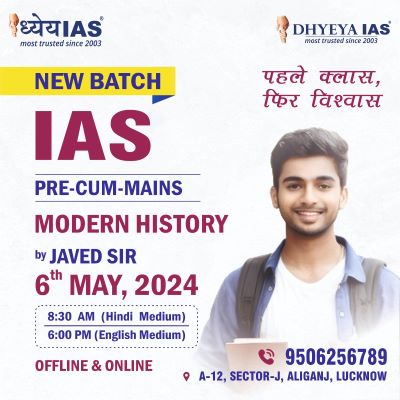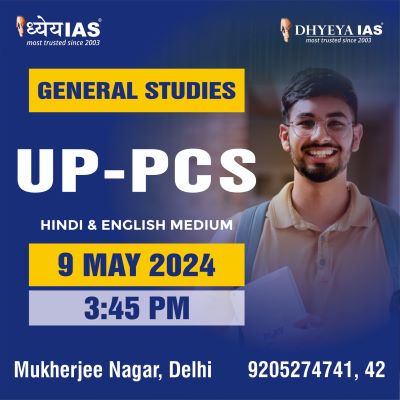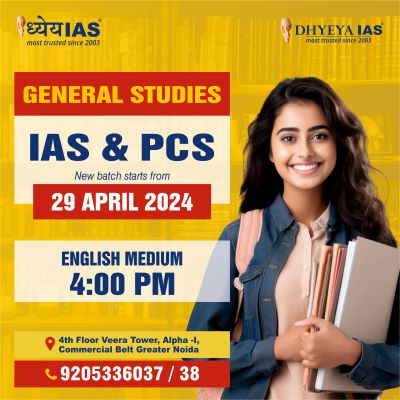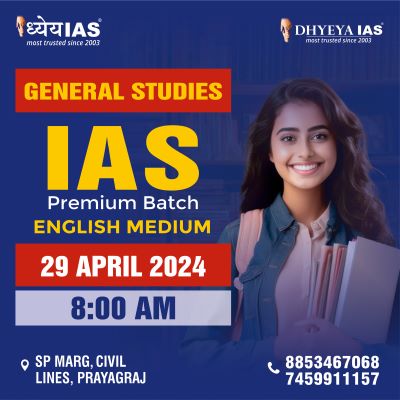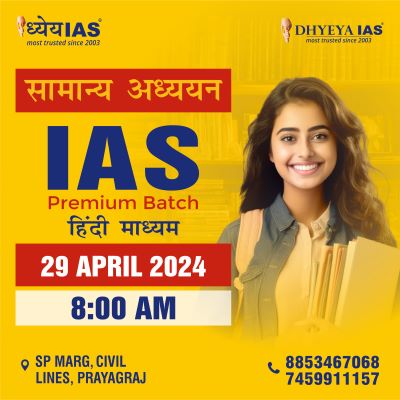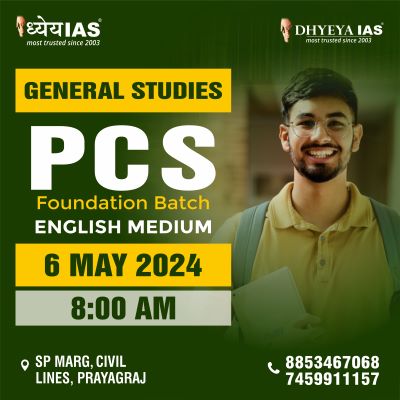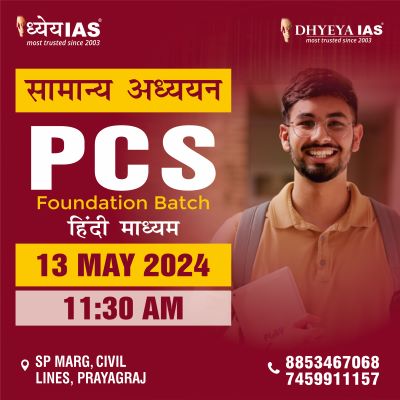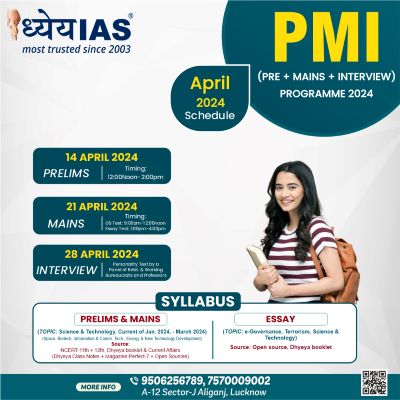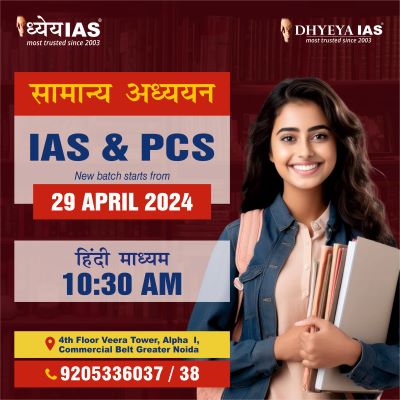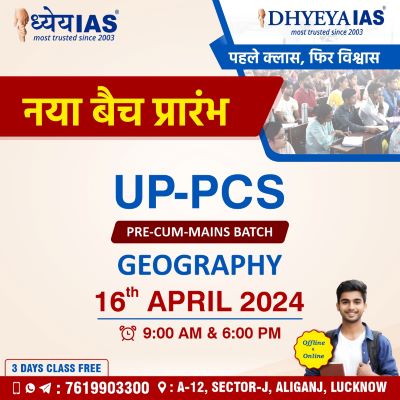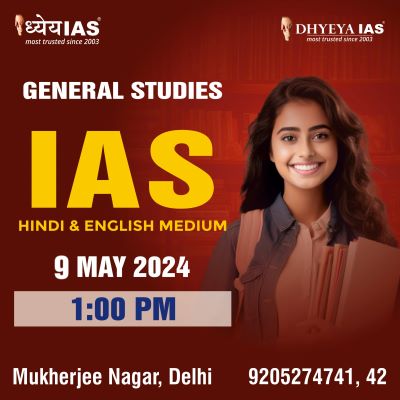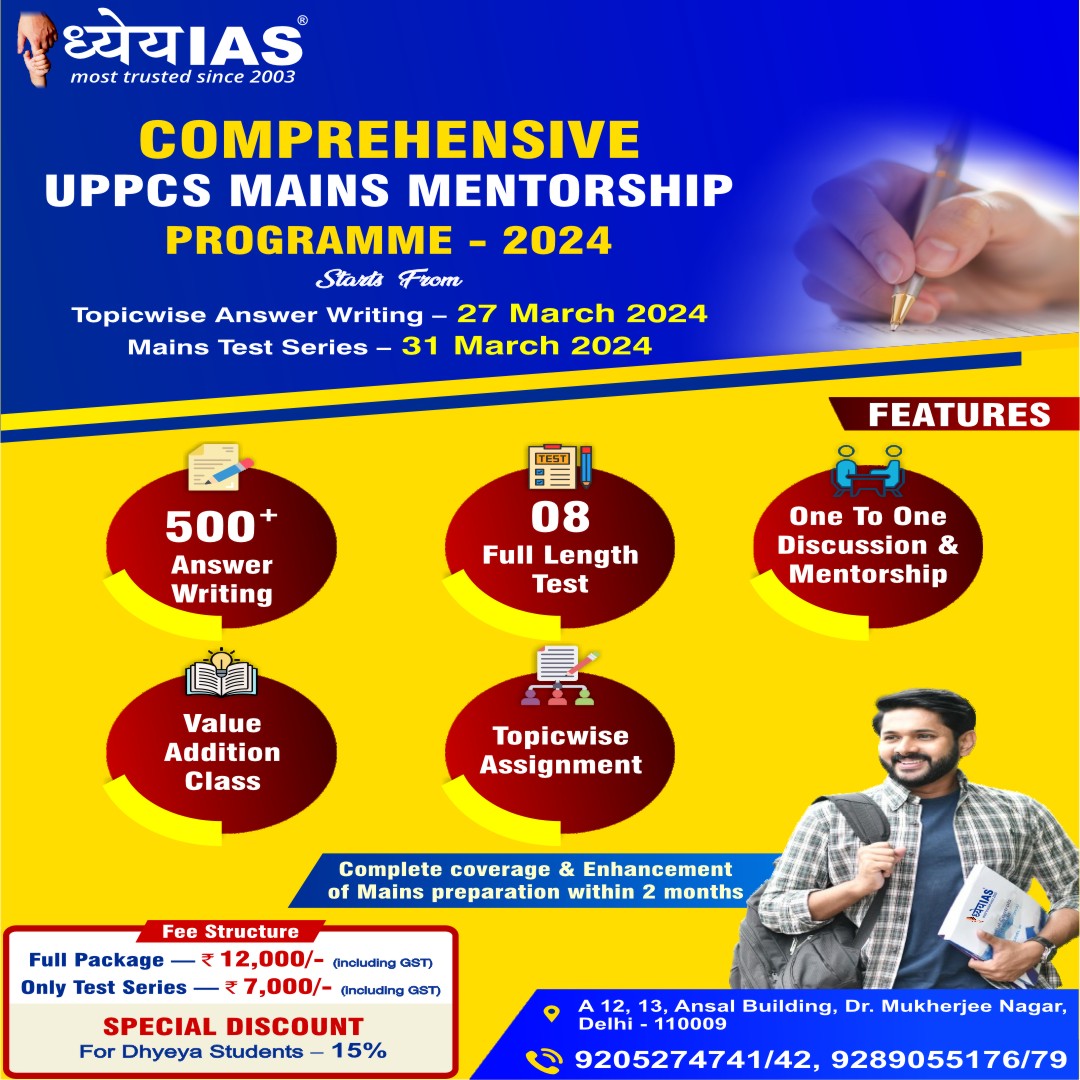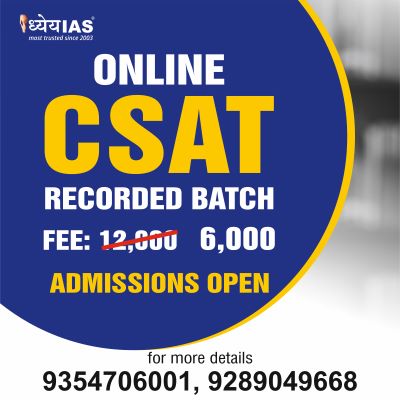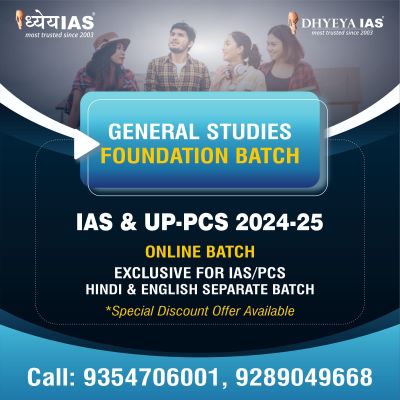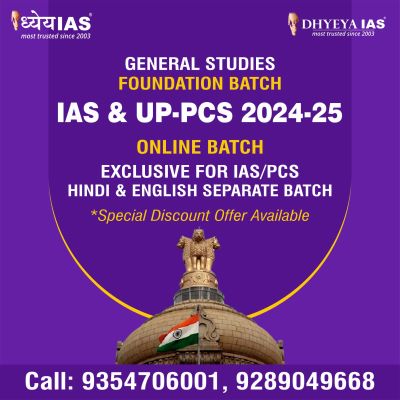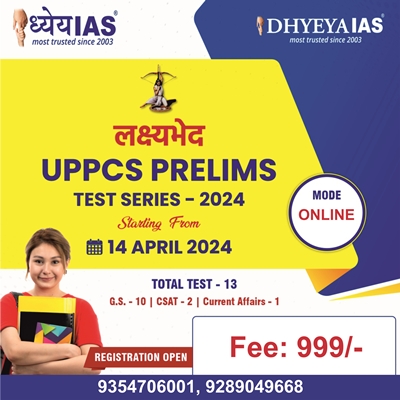Current Affairs Brain Booster for UPSC & State PCS Examination
Topic: Virgin Hyperloop Technology

Why in News?
- Government think-tank NITI Aayog has formed a high-level panel to explore the technological and commercial viability of the Virgin Hyperloop technology for ultrahigh speed travel in India, weeks after its first test was completed with humans on board.
Background
- The Virgin Hyperloop test run was conducted on a 500-meter track in Las Vegas in the U.S.A. with a pod, as the hyperloop vehicles are called, travelling with passengers, including an Indian, inside an enclosed tube at more than 100 mph or 161 kmph.
- A Niti Aayog document, says that in view of the emerging transport technology and for gaining the first-mover advantage, it is essential to look into the technological and commercial viability of the Virgin Hyperloop technology.
- It is relevant to explore technological, commercial, financial (viability) and (assess) safety standards and regulations to procure new technology. It has been decided to constitute an Expert Committee, the document says.
- The mandate of the committee, the document says, “To study Virgin hyperloop technology and its commercial viability, (and) safety, regulation and finalise the document within six months’ time of its first meeting.”
The Test Run
- Virgin Hyperloop is an American transportation technology company that works to commercialize the high-speed technology concept called the Hyperloop, a variant of the vacuum train.
- Virgin Hyperloop, which was founded in 2014 on the premise of making Tesla and SpaceX CEO Elon Musk’s vision of a futuristic transportation system of magnetically levitating pods traveling through nearly airless tubes at speeds of up to 760 mph (1,223 km/h) a reality.
- The Virgin Hyperloop has transported passengers on its high-speed pod system for the first time.
- The floating pod reached speeds of 107 mph and travelled 500 metres in just 15 seconds at Virgin's test track in the Nevada desert.
- Virgin Hyperloop's executives, Josh Giegel and Sara Luchian, were the first people to travel in the two-seater pod, called Pegasus.
Hyperloop Technology
- Hyperloop, the next-generation mode of transportation that aims to take passengers and goods at speeds of over 1,000 kilometres per hour, has so far been a dream for commuters globally. The same time, the technology is still at a very early stage and it is only starting to be rolled out in different parts of the world right now.
- With hyperloop, vehicles accelerate gradually via electric propulsion through a lowpressure tube.
- The pod floats along the track using magnetic levitation and glides at airline speeds for long distances due to ultra-low aerodynamic drag.
- It is based on the world's fastest magnetic levitation (maglev) trains, then made faster by speeding along inside vacuum tubes.
- The Maglev train speed world record was set in 2015 when a Japanese train reached 374mph in a test run near Mount Fuji.
- Critics have pointed out that Hyperloop travel systems would involve the considerable undertaking of both getting planning permission and then constructing vast networks of tubes for every travel path.
India Moves Towards Hyperloop
- Maharashtra has deemed hyperloop a public infrastructure exercise and approved the Virgin Hyperloop-DP World Consortium as the original project proponent for the Mumbai-Pune hyperloop project.
- Virgin Hyperloop had last month announced a partnership with Bangalore International Airports to conduct a feasibility study for a proposed hyperloop corridor from the airport.
- With the NITI Aayog now stepping in, the report of the committee could act as a roadmap for a charting the way forward for hyperloop in the country.


